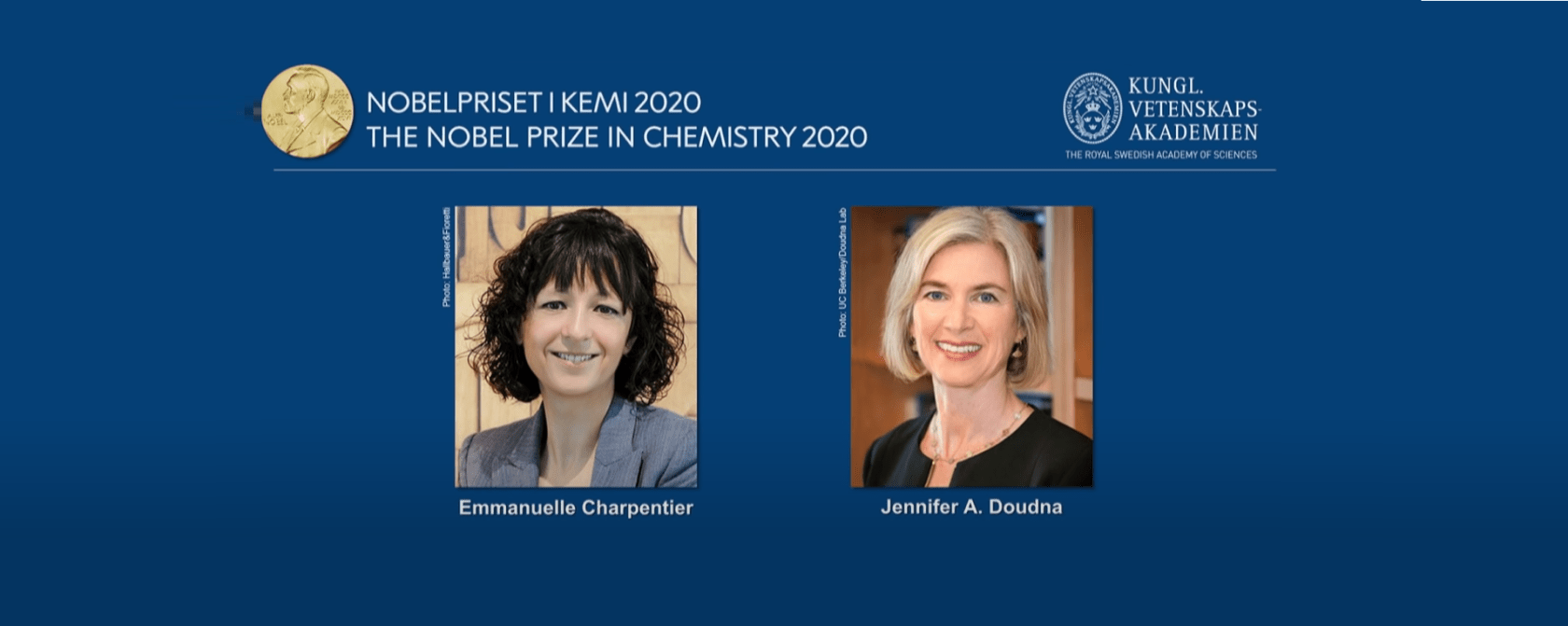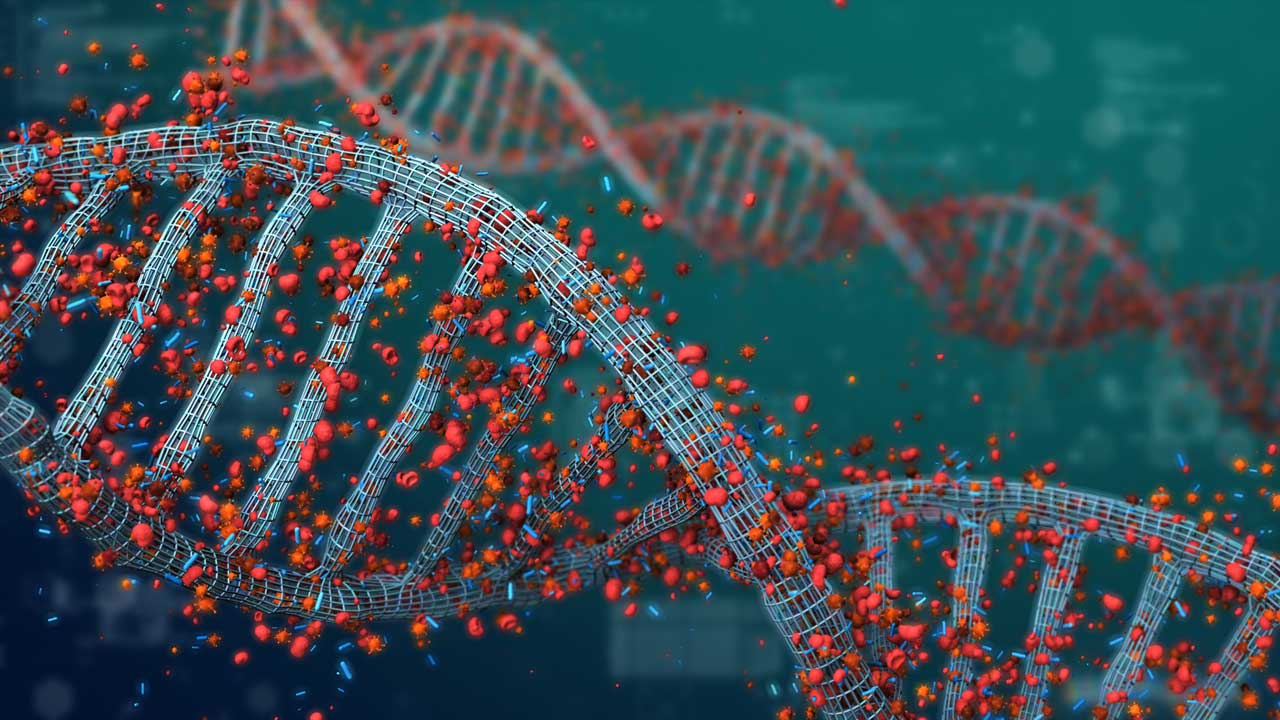
Congratulations to Drs. Charpentier and Doudna on receiving the 2020 Nobel Prize in Chemistry as well as being the first two women to share a Nobel prize!
Their award-winning research regarding CRISPR technologies has provided an efficient tool for scientists to alter the DNA of animals, plants and microorganisms. Drs. Charpentier and Doudna were able to combine tracr-RNA and CRISPR-RNA methodology into what would become known as the CRISPR/Cas9 genetic scissors enabling them to alter DNA molecules with extraordinary precision. The instrument, the CRISPR/Cas9 genetic scissors, was originally published in 2012, and it outlined a process that could theoretically be used to alter any genome of interest.
In the practical sense, this influential technique has allowed scientists to breed plants that are more resistant to the detrimental effects of climate change as well as to alter the DNA of laboratory animals and cells in order to better understand their interactions and functionality that can lead to breakthroughs when battling illness or disease. This type of research has led to discoveries of new immunotherapies for battling cancer and a variety of inherited diseases such as sickle cell disease and β-thalassemia as well as repairing genes in muscles and the brain. Current studies also include the treatment of muscular dystrophy, spinal muscular atrophy, and Huntington’s disease in animals though continuing research efforts are required before treatments will be ready for use in humans.
As the team of synthetic and process chemists at Adesis can attest, a chemical tool that can yield specific changes to a substrate can be an invaluable asset for a scientist to possess. Congratulations again Drs. Charpentier and Doudna on this remarkable achievement!


